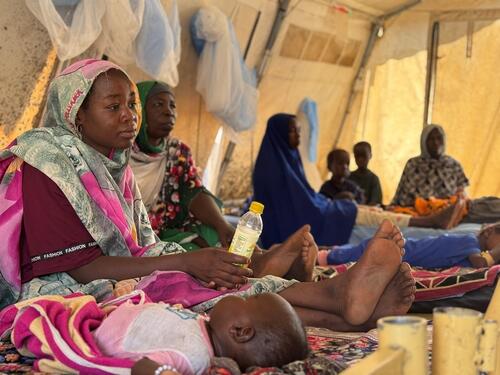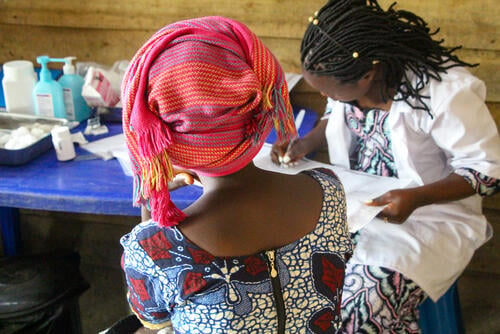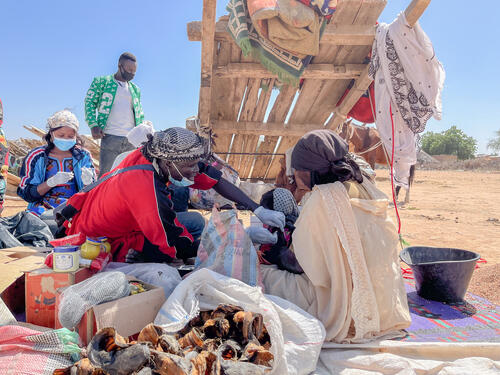The below is an update on an exploratory assessment of potential needs in the wake of resumed conflict in Nagorno-Karabakh.
Nagorno-Karabakh is a self-proclaimed republic internationally recognised as belonging to Azerbaijan, but which is home to many ethnic Armenians. MSF first responded to conflict in the area throughout the war during the 1990s.
In the first half of October, MSF medical teams ran assessments of the medical and humanitarian situation in Stepanakert and other towns in Nagorno-Karabakh. The security context, with sustained shelling and regular airstrikes, limited the capacity to travel in the region and to extensively assess needs. It was also impossible to gather figures about civilian casualties.
In the health facilities they visited, MSF teams didn’t identify acute needs related to emergency or trauma care. The local health system was well supplied and staffed, and seemed able to stabilize and transfer seriously injured people to other facilities located outside Nagorno-Karabakh for further treatment.
Teams’ observations seem to confirm that the majority of people have fled Nagorno-Karabakh. Stepanakert and other cities' streets in the region are mostly empty, with people who remain reducing their movements to the strict minimum and seeking protection from shelling and airstrikes in basements and underground shelters. Poor living conditions and stress affect the most vulnerable people among them – such as those who are elderly and people with chronic diseases – although local networks of assistance are able to ensure that vital food and medical needs are covered.
At the time of our assessment, the MSF team couldn’t identify acute gaps or uncovered needs requiring them to start a humanitarian intervention. However, we intend to continue monitoring the medical situation of people, notably with regard to the mid- and long-term consequences of fighting on access to healthcare and to medication.
In parallel, MSF proposed our support to authorities in Azerbaijan in order to also assess medical needs on that side of the frontline.





